This co-op at a Napa Valley winery teaches students about wine ‘from grape to bottle’
Grace Arents spent a semester learning the ins and outs of winemaking at a co-op started as a way for the co-proprietress of the winery to pay it forward for her own valuable time on co-op at Northeastern.
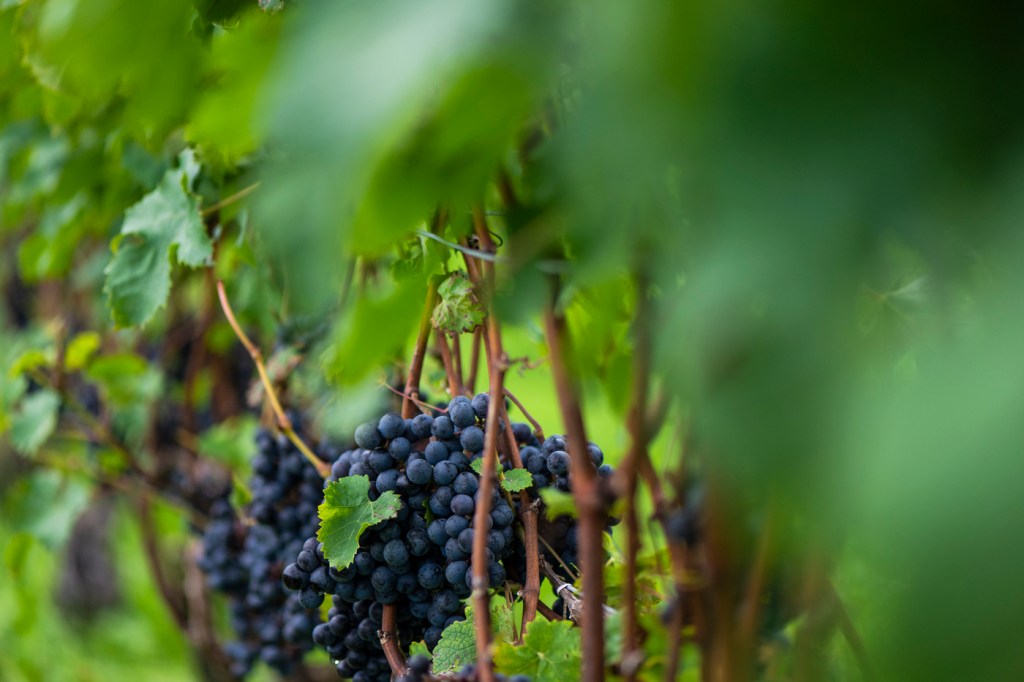
Grace Arents, a fourth-year environmental and sustainability sciences student, had never had a glass of wine before when she saw a posting for a co-op at a winery on NUWorks. Still, her interest was piqued and she applied to spend a semester learning enology — the process of making wine — in Napa Valley.
Before she knew it, she was flying out to St. Helena, California, just in time for harvest season, one of the busiest times of year for wineries, to get a crash course in how wine gets made.
“It seemed so interesting learning about how the process works,” she says. “We got to learn the whole process from grape to bottle.”
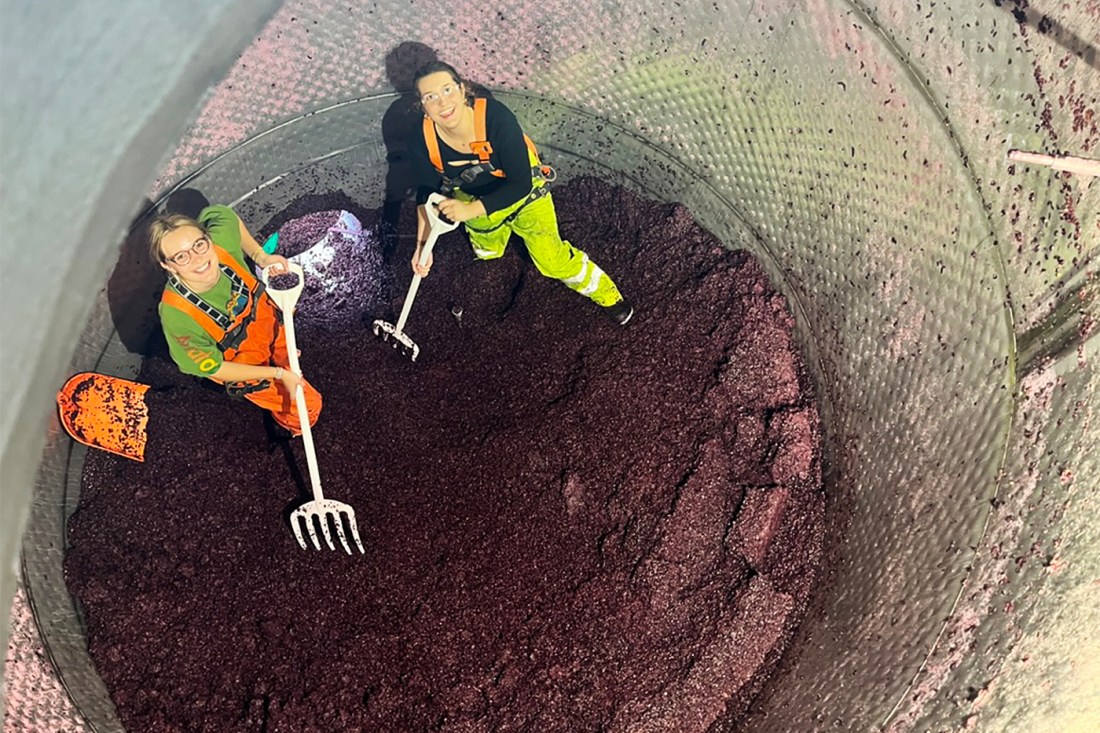
Every day, Arents went back and forth between the fields and the lab, plucking grapes to sample and performing yeast inoculations to help the wines ferment. Her duties ranged from determining which sections of grapes were ready for harvest to walking on a catwalk and gathering samples from 130,000-gallon tanks of fermenting wine to performing lab work to see what nutrients the tanks needed. She even got to help crush some of the grapes herself, suiting up to get in a giant bucket and stomp the fruits so the skins make more contact with the juice.
With the help of the other employees, she learned how to make the perfect wine and control the yeast so the product ferments at the right speed. Beyond that, the lab was also testing the wine for pH level, alcohol content and temperature stability (to make sure it wouldn’t get cloudy if it got too hot or too cold) among other quality control metrics.
Featured Posts
“Just learning the whole process was so interesting to me,” Arents says. “It’s an industrial environment mixed with lab work … and using what we learned in the lab to make the wine better.”
This unique co-op experience came to fruition over a decade ago when Gigi Mondavi, the co-proprietress of Charles Krug Winery, was at Northeastern. Mondavi’s family has owned Charles Krug since 1943. (The parent company, CK Mondavi and Family, owns up to 860 acres across Napa Valley across seven different parcels, plus 1,800 acres outside Sacramento and Dunnigan Hills.)
In 2010, Mondavi came to Northeastern to study marketing and supply chains in the D’Amore-McKim School of Business. During this time, Mondavi did three co-ops, including one at MFS Investments, where she still works today.
Mondavi found the co-op program enhanced her college experience and wanted to give other students the opportunity to do the same, but at her family’s business. So they added a co-op program for Northeastern students with Mondavi herself interviewing candidates.
“The co-op experience transcends any idea of what you think you’re capable of,” says Mondavi. “When I got my first co-op, I realized how many people along my journey were inspiring me to do new things, try new things, and learn more about myself and my skill set. It was a very easy transition in the sense we’ve always taken harvest interns. … And so we ended up pivoting that into sourcing Northeastern students who could commit six months.”
Since bringing on their first co-ops in 2011, the winery continues to bring on two or three per year, Mondavi says. While many don’t necessarily go on to work in the wine industry, Mondavi says they come away with a strong knowledge of the business.
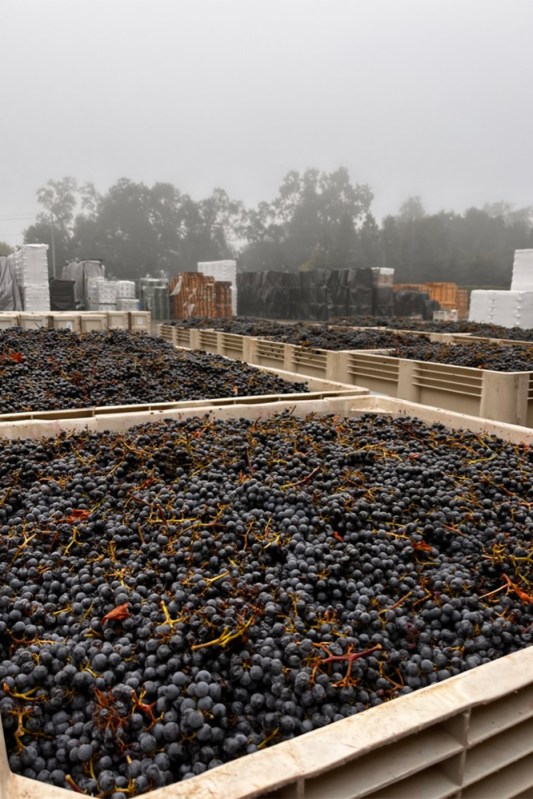
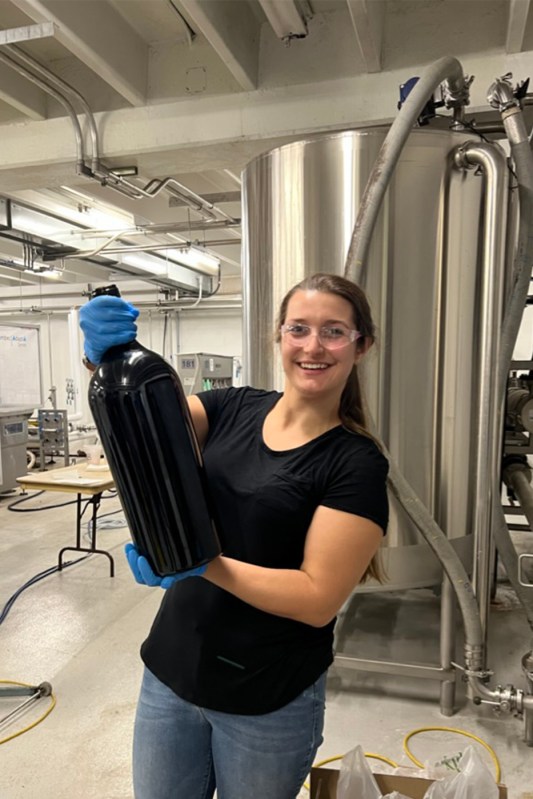
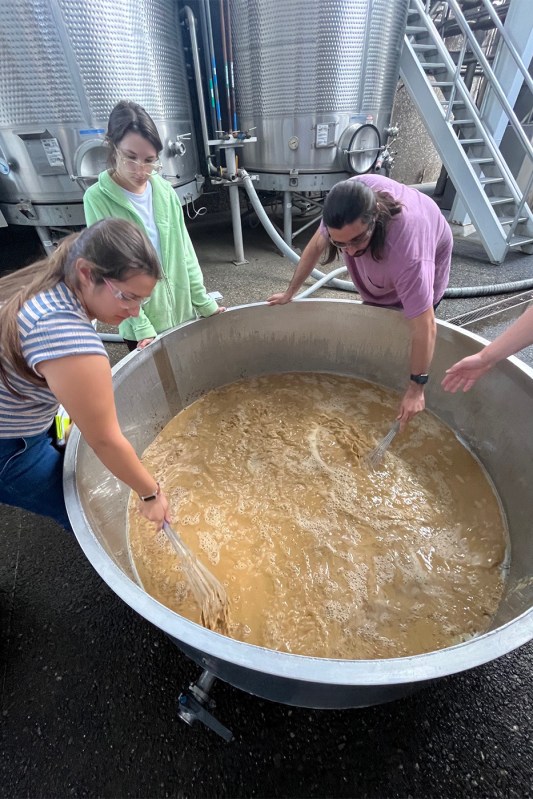
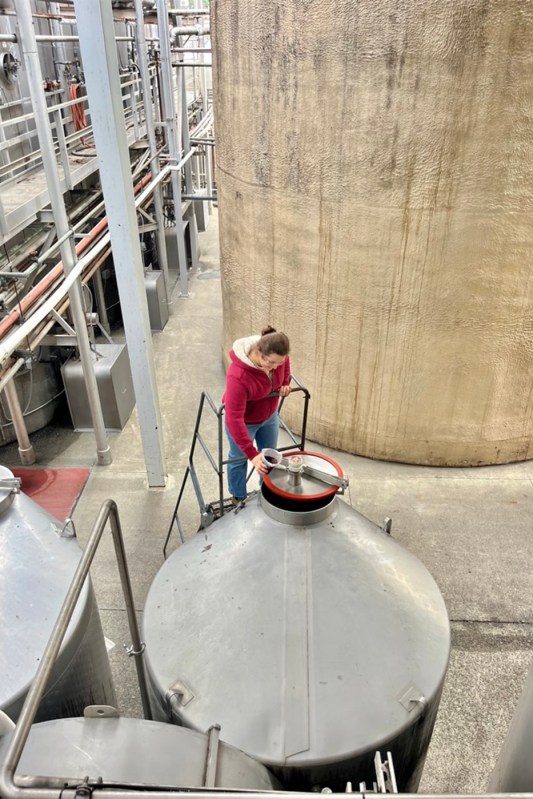
“It is not a glamorous job,” Mondavi says. “You’re in jeans and T-shirts, and you’re running chemicals, but you’ll never be able to look at the bottle of wine the same way, once you start seeing what’s in the background. It will just inspire you to think differently about how wine is made and the world of wine. You’re going to have a lifelong skill set that most people never get access to.”
Like many of her predecessors, Arents isn’t sure she’ll work in a winery after graduating, but she said she’s left the co-op with a grasp on what it’s like working in a lab and familiarity with working long days in a fast-paced environment. (She worked from 6 a.m. to 2:30 p.m. many days and toiled away during many nights and weekends during the peak of harvest season.)
“There’s so much that you learn you could transfer to food science, but also any lab,” she said. “It was just awesome. I would consider working in the wine industry again.”











